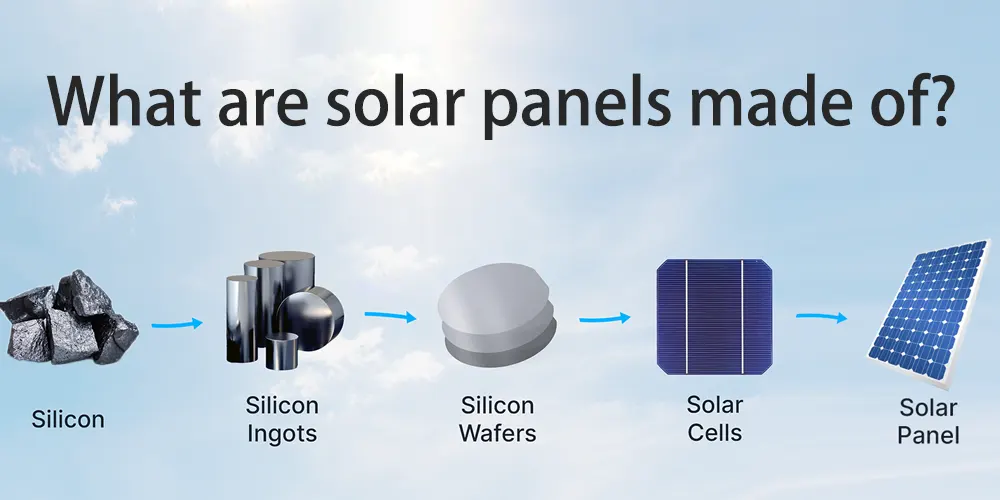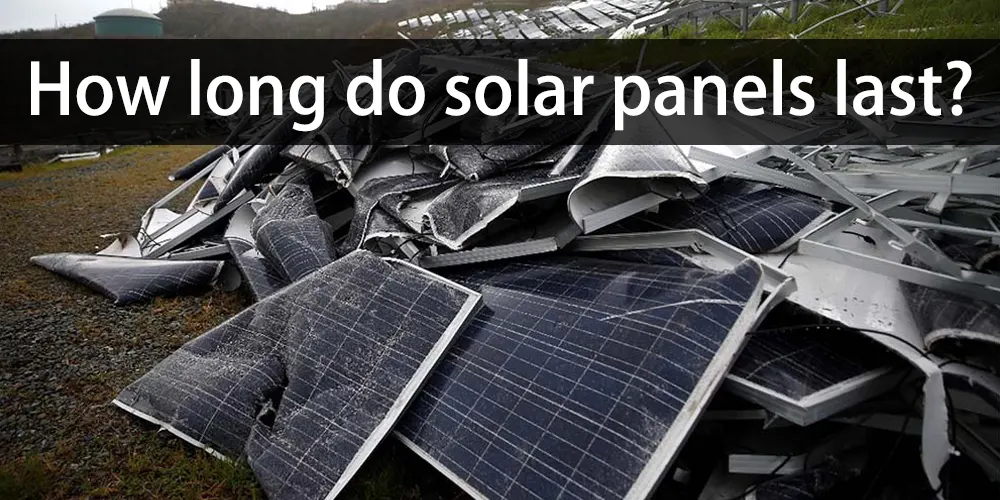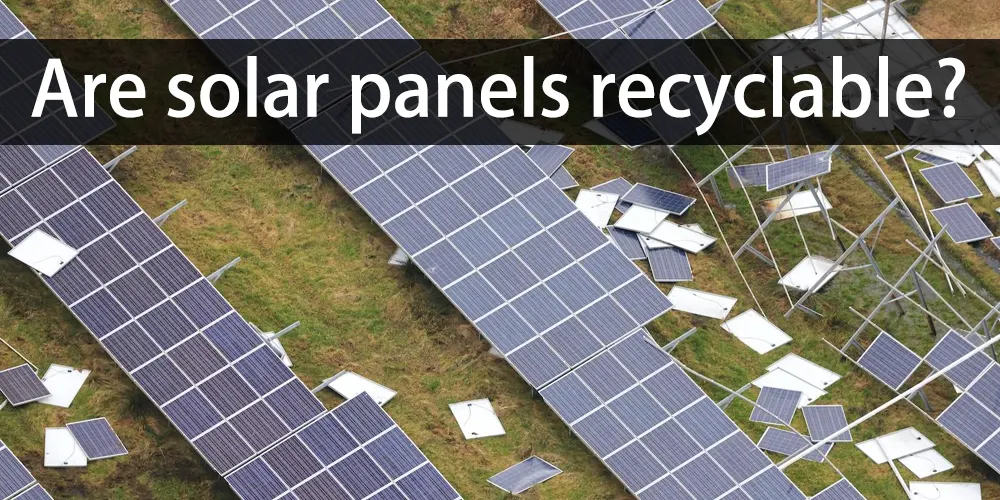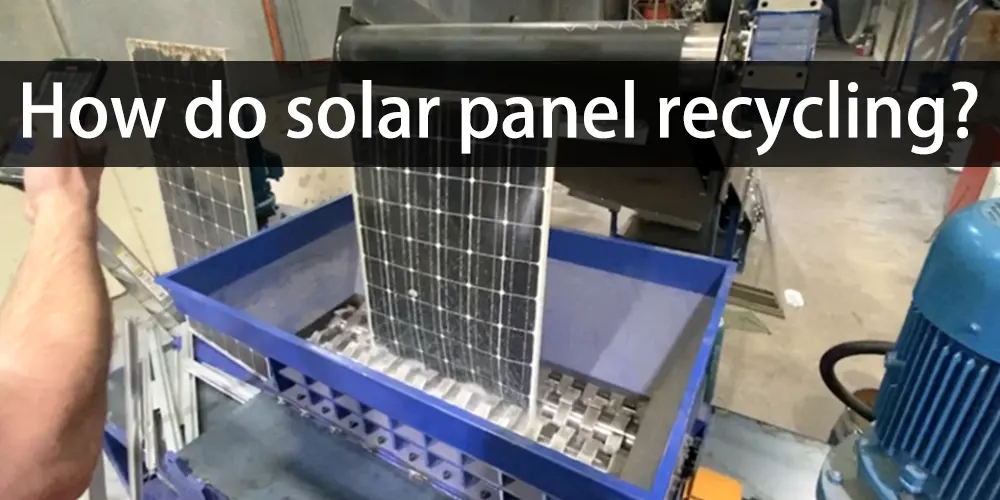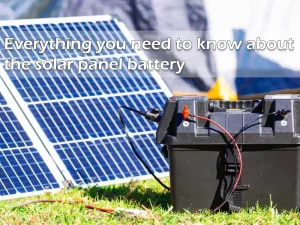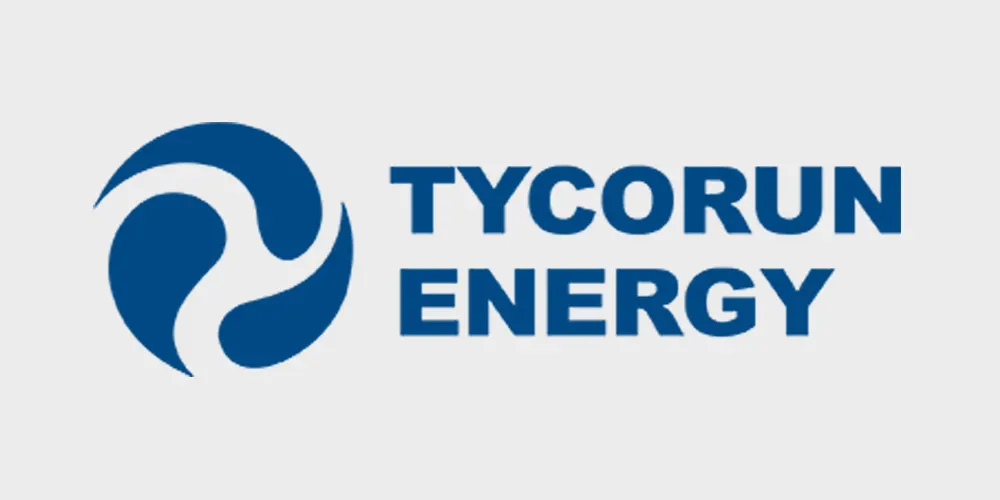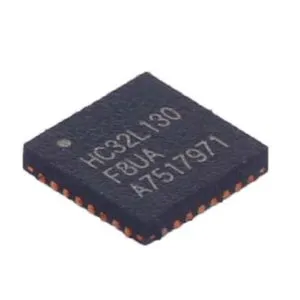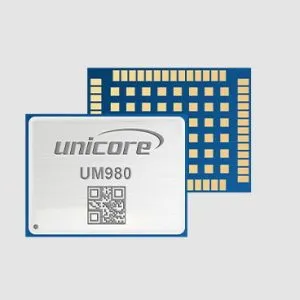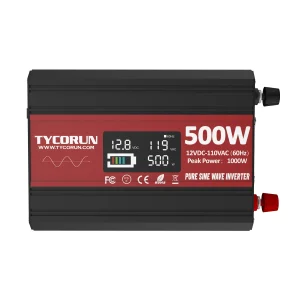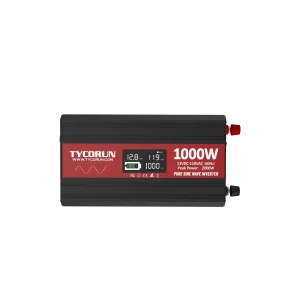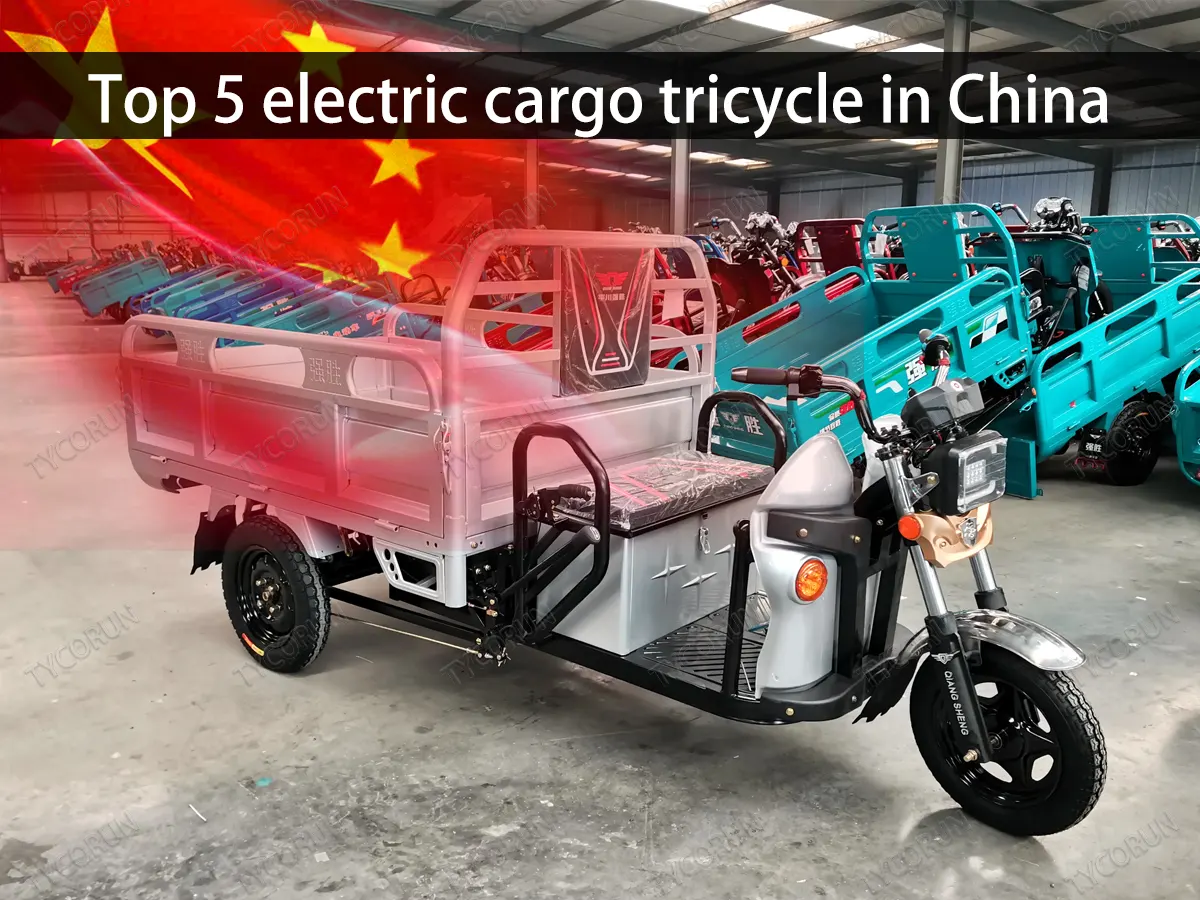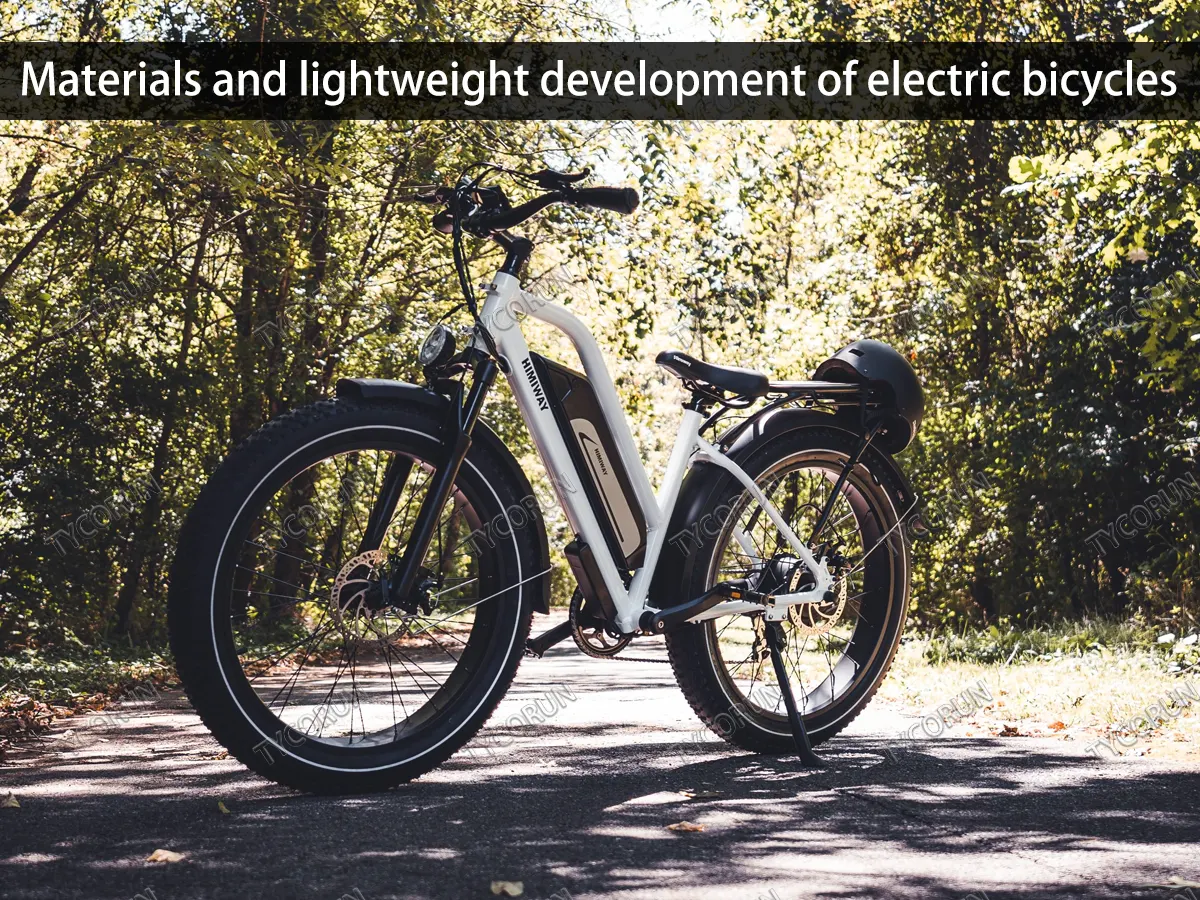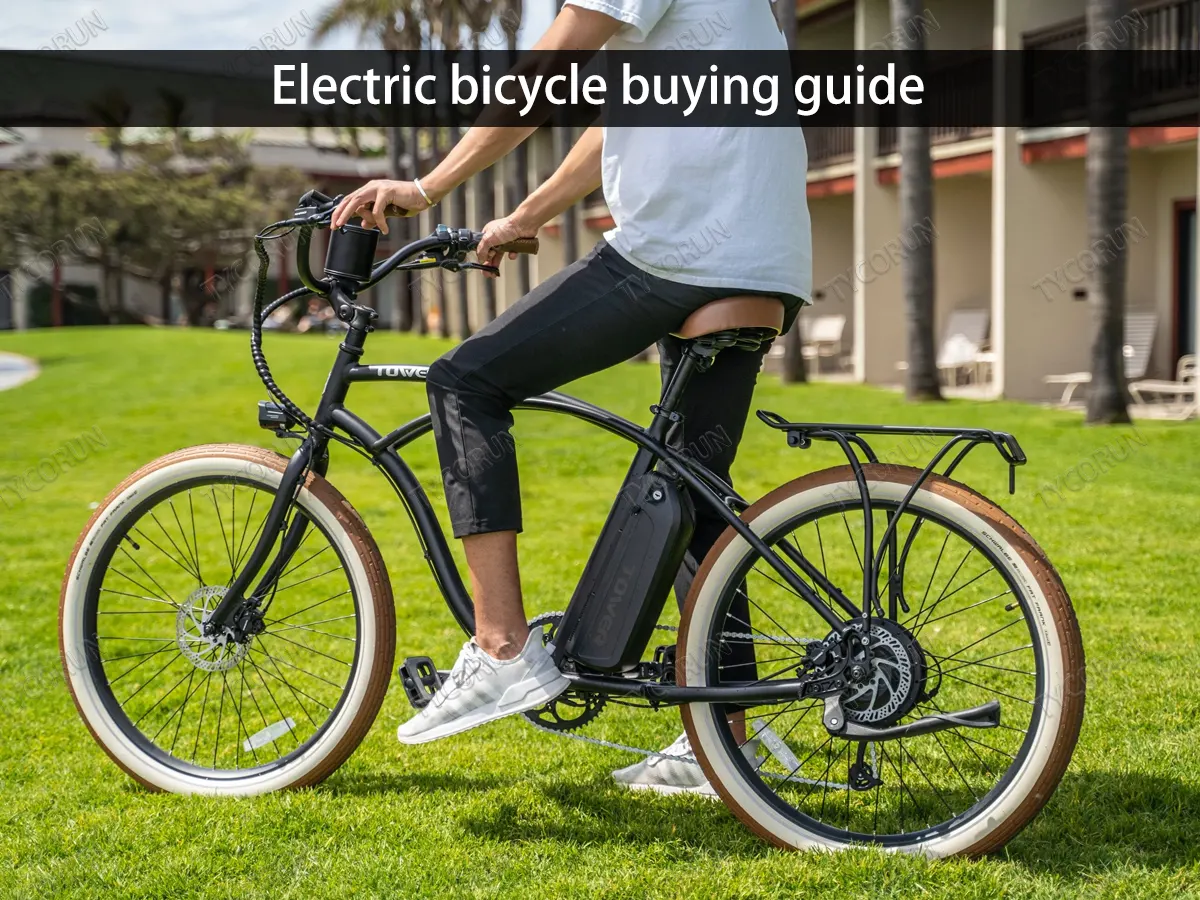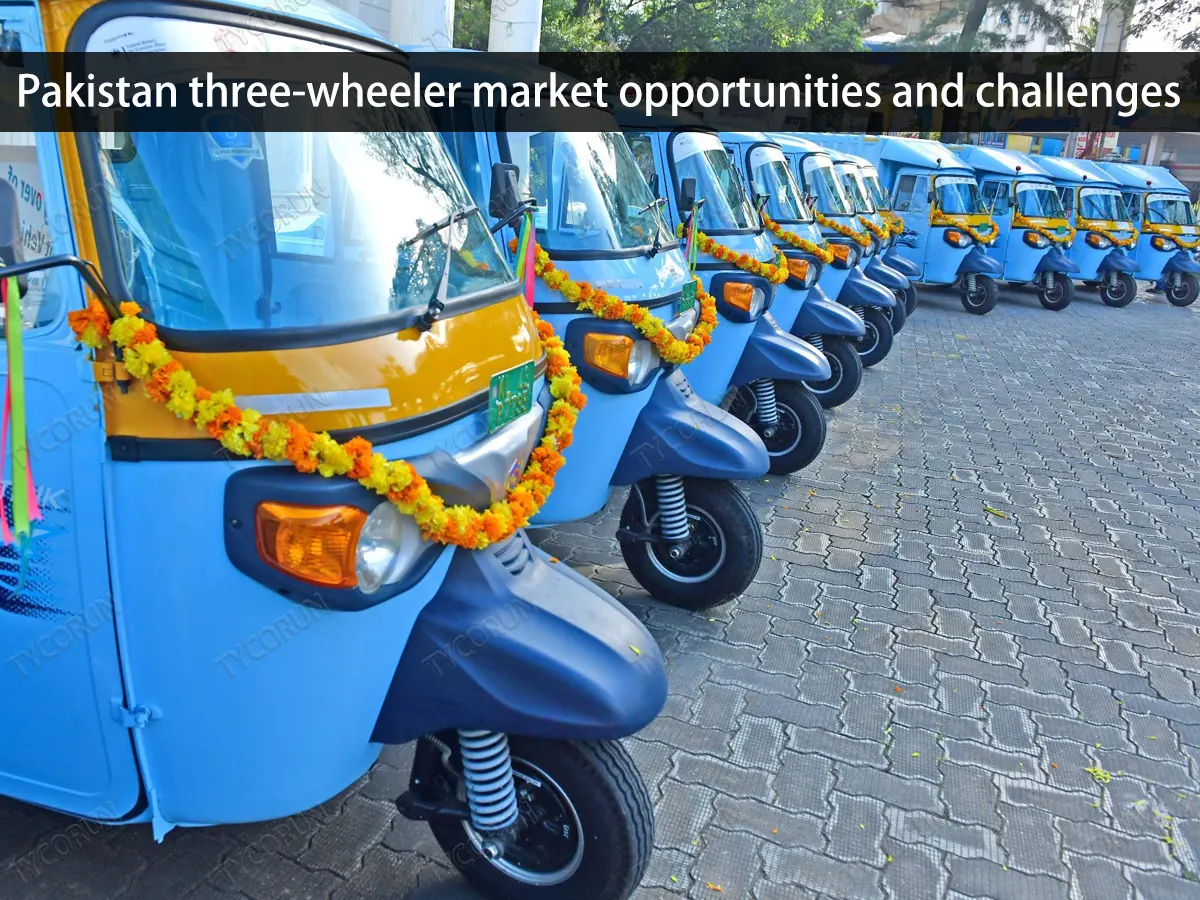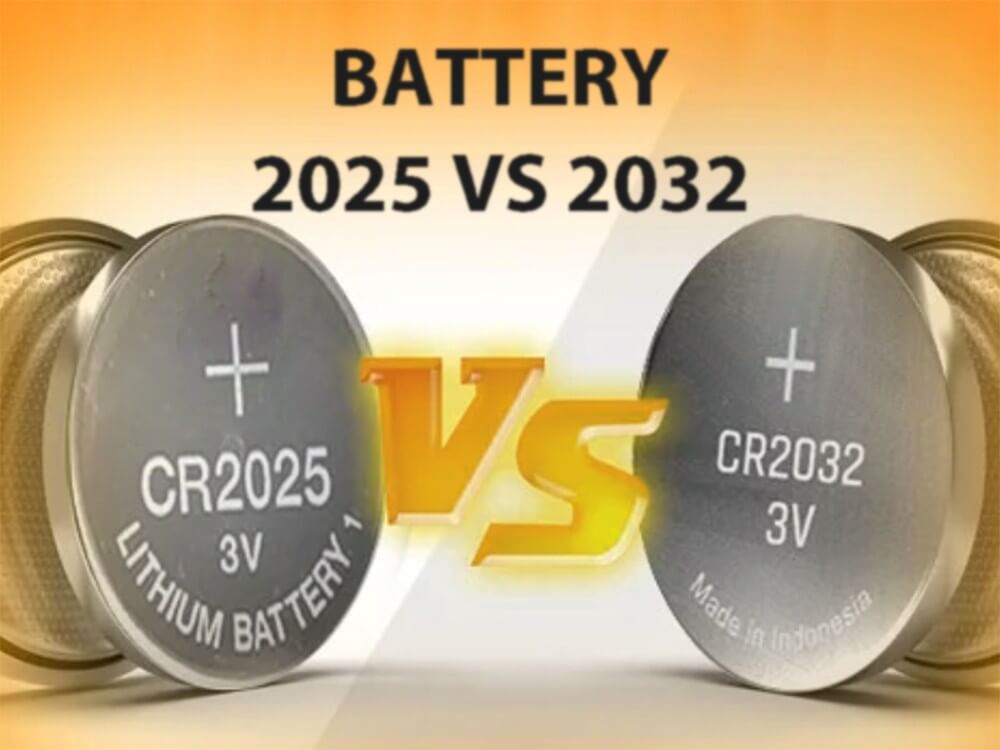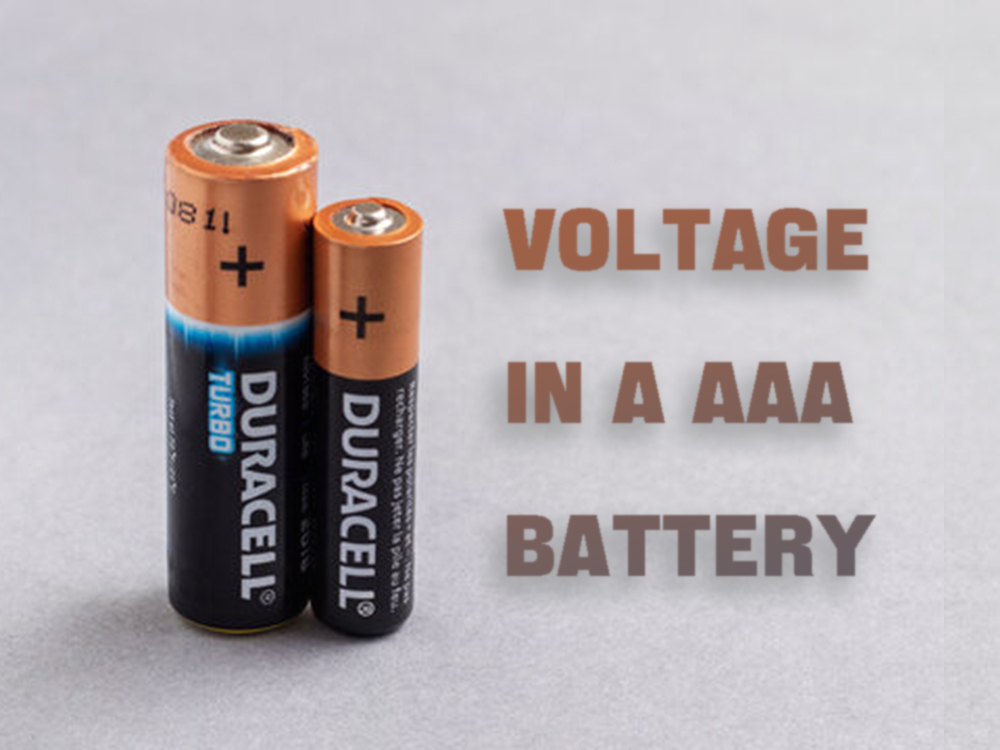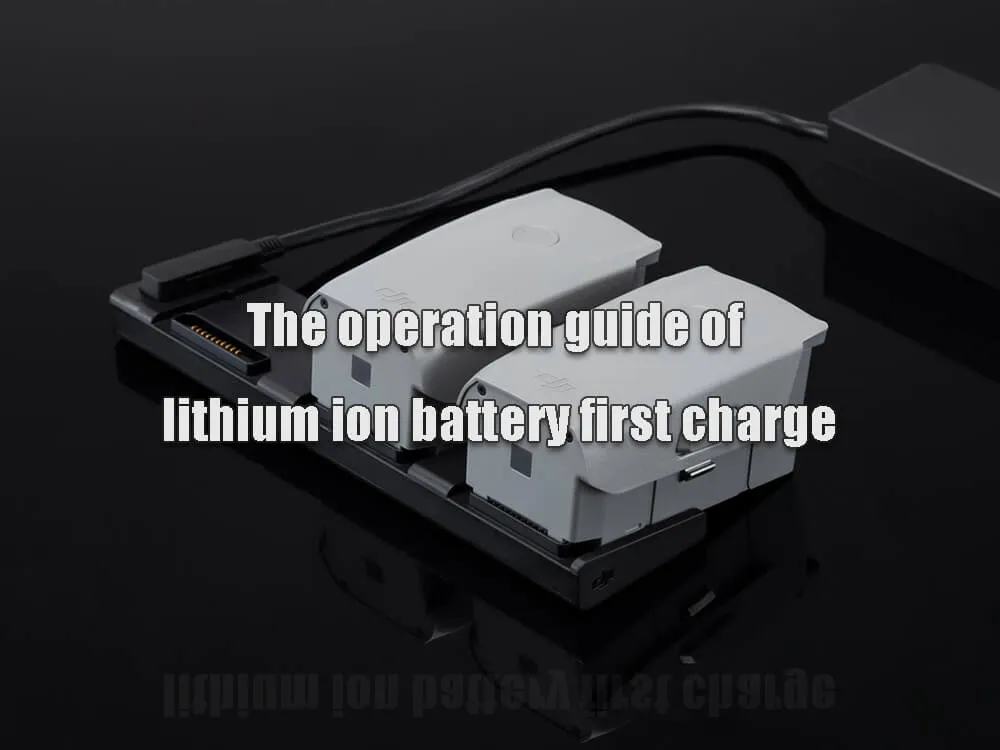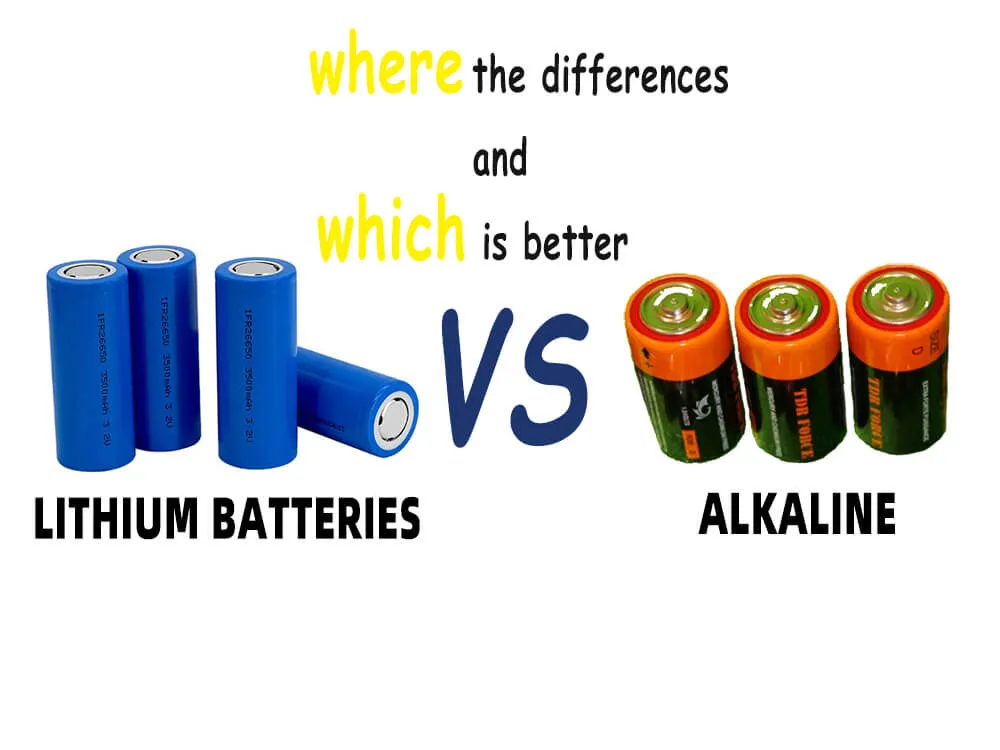Are solar panels recyclable and how solar panel recycling

But there are incentives to optimize solar panel recycling, reduce the environmental impact of manufacturing emissions, lower costs, and keep toxic e-waste out of landfills. With the rapid development of solar technology, proper solar panel disposal and recycling has become an integral part of the solar energy storage solutions.
What are solar panels made of?
Are solar panels recyclable? The answer depends on what your solar panels are made of. To do this, we must have an understanding of the two main types of solar panels.
Silicon-based solar panels
Silicon is by far the most commonly used semiconductor in making solar cells. It accounts for more than 95% of modules sold to date and is the second most abundant material found on Earth.
Crystalline silicon cells are made of silicon atoms interconnected in a lattice. This lattice provides an organized structure that enables more efficient conversion of light energy into electricity. Solar cells made of silicon in top 10 solar battery manufacturers offer a combination of low cost, high efficiency and long life, as modules are expected to last 25 years or more, generating more than 80 percent of their original power.
Thin-film solar panels
Thin-film solar cells are made by depositing a thin layer of PV material on a support material such as plastic, glass or metal. There are two main types of thin-film photovoltaic semiconductors: CIGS and CdTe. They can all be deposited directly on the front or back of the module surface.
CdTe is the second most common photovoltaic material after silicon, and its cells can be fabricated using low-cost manufacturing processes. As for CIGS cells, they have the best properties of PV materials combined with high efficiency in the lab, but the complexity of combining the 4 elements makes the transition from the lab to the manufacturing stage more challenging. Both CdTe and CIGS require more protection than silicon to ensure long-lasting operation.
How long do solar panels last?
Most home energy storage solar panels operate for no less than 25 years before starting to degrade significantly. So your solar panels will continue to convert sunlight into solar energy, it will just become less efficient over time.
It’s unheard of for a solar panel to stop working completely, but be aware that the degradation is usually enough to consider replacement. In addition to time-based functional degradation, there are other factors that can also affect the efficiency of a solar panel. At the end of the day, the longer your solar panels are effectively generating electricity, the more money you will save.
It is claimed that 10% of solar panels are currently recycled and 90% of them end up in landfill. This number is expected to balance out as new technological leaps are being made in the field of solar panel recycling. Solar applications are constantly growing and it is not out of the realm of possibility that all newly built homes will be equipped with solar panels in the distant future. Recovering valuable materials, including silver and silicon, from solar panels requires custom solar panel recycling solutions.
Are solar panels recyclable?
Yes. Solar panels are usually made from recycled or reusable materials. Components such as glass and certain metals make up about 80 percent of a solar panel’s mass and are relatively easy to recycle. Likewise, polymers and electronic components in solar panels can be recycled.
But the reality of solar panel recycling is more complicated than taking them apart and reusing their components. The solar panel recycling process currently in use is not efficient. This means that the cost of recycled materials can be higher than the cost of manufacturing new panels.
How do solar panel recycling?
How solar panel recycling? Plastic, glass and metal – the basic building blocks of solar panels – can be recycled individually, but within a functional solar panel, these materials combine to form a single product. So the real challenge is to separate the components to recycle them efficiently, while also addressing silicon cells, which require more specialized recycling procedures.
Regardless of the type of solar panel, the junction box, cables, and frame must first be removed. Panels made of silicon are usually shredded or crushed, and the material is mechanically separated, depending on the type of material, before being sent to different recycling processes.
In some cases, a chemical separation called delamination is required to remove polymer layers from semiconductor and glass materials. Components such as copper, silver, aluminum, silicon, insulating cables, glass, and silicon can be separated and recycled mechanically or chemically, but CdTe solar panel recycling components is a little more complicated than components made only of silicon.
It involves physical and chemical separation followed by metal precipitation. Other processes involve thermally burning polymers or separating components.
Refurbished solar panels sell for much less than new panels, which can go a long way toward reducing solar waste. The main advantage is low manufacturing and raw material costs due to the limited amount of semiconductor material required for the battery. Second-generation solar panels are an attractive market in terms of photovoltaic waste reduction for solar panels that are as efficient as new solar panels at a discounted price.
Conclusion
When it comes to solar panel recycling, it’s not an easy task, and there are many complex factors involved in the process. But that doesn’t mean we can ignore PV recycling and let them go to waste in landfills. If not for what, we should be greener about solar panel recycling simply for selfish reasons.


